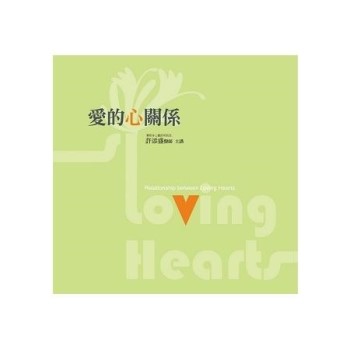Poverty, Gender and Health in the Slums of Bangladesh provides comprehensive ethnographic accounts that depict the daily life experiences and health hardships encountered by young women and their families living in the slums of Dhaka city and the injustices they face.
The analysis focuses on two specific historical eras: 2002-2003 and 2020-2022 and shows that despite recent improvements in employment opportunities and greater mobility for young women, their lives reflect ongoing challenges reminiscent of those faced two decades earlier. While national and global organizations acknowledge the nation’s economic and social progress, those on the outskirts of society continue to grapple with enduring poverty. They are excluded from the advantages of economic growth, oppressed by unjust local, national, and global systems, discriminatory laws, and policies. Their struggles go unnoticed as they confront a slew of challenges, including slum evictions, enforced lockdowns, income losses, food insecurity, and ongoing crises related to health, injuries, fatalities, and exploitation and harassment by law enforcement and influential individuals within the slum and the city. After two decades, these obstacles persist, and life remains tenuous, with health severely compromised.
This book will appeal to students, academics, and researchers in the fields of Public Health, Medical Anthropology, Gender Studies, Urban Studies, Development Studies, Social Sciences, as well as professionals engaged in urban health and poverty-related work.










